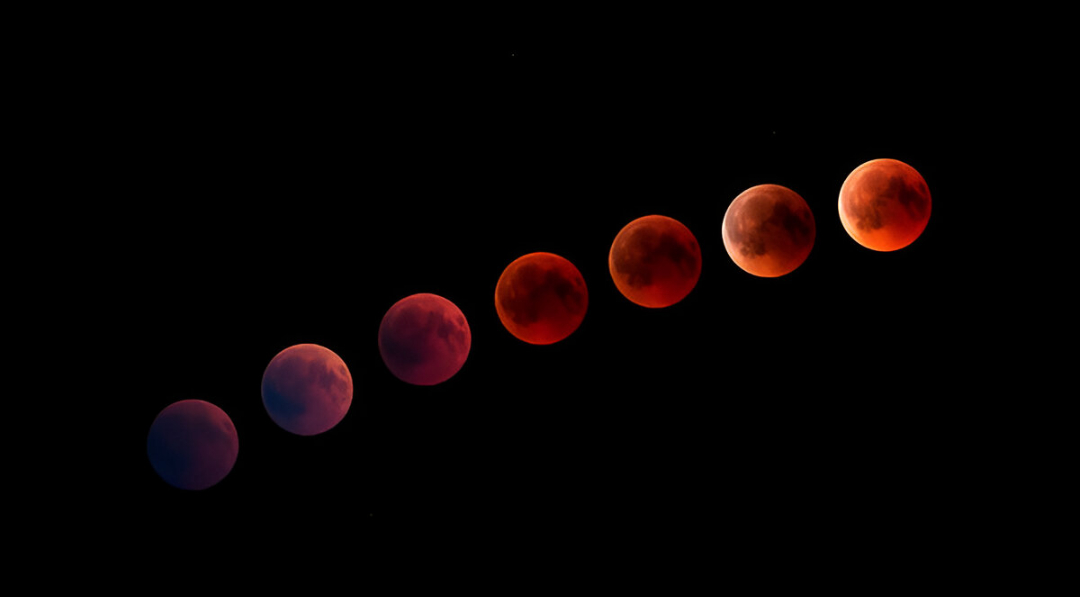
General
Rare 5-Hour Lunar Eclipse to Light Up UAE Skies on September 7
Stargazers across the UAE are set to witness one of the year’s most spectacular celestial events: a total lunar eclipse on Sunday, September 7, lasting more than five hours in all its phases, including 82 minutes of totality.
The event, often referred to as a “Blood Moon”, occurs when the Earth moves directly between the Sun and the Moon, casting a shadow that turns the lunar surface deep red. According to the Dubai Astronomy Group (DAG), this eclipse is remarkable for its long duration and wide global visibility, with nearly 87% of the world’s population able to see at least part of it.
Viewing Times in the UAE
-
7:28 pm – Penumbral eclipse begins
-
8:27 pm – Partial eclipse begins
-
9:30 pm – Total eclipse begins
-
10:12 pm – Maximum eclipse (totality)
-
10:53 pm – Total eclipse ends
-
11:56 pm – Partial eclipse ends
-
12:55 am (Sept 8) – Penumbral eclipse ends
“This will be one of the most photogenic eclipses of the decade,” said DAG, which will host a public viewing event in Dubai and stream the phenomenon live, including a special frame of the eclipse against the Burj Khalifa.
Why It’s Called a Blood Moon
During totality, the Moon will appear red as sunlight bends through Earth’s atmosphere, filtering out shorter blue wavelengths and allowing red and orange light to reach the lunar surface.
How to Watch
The eclipse is completely safe to view with the naked eye—no protective glasses are needed. For enhanced viewing, telescopes or binoculars can highlight the Moon’s surface details and rich hues. DAG recommends watching from dark areas away from city lights.
For photographers, a tripod and long-exposure settings will help capture the lunar glow. Smartphone users can also attach their device to a telescope eyepiece for stunning results.
A Global Spectacle
The eclipse will be fully visible across the UAE, the Middle East, Asia, Africa, Europe, and Australia. Viewers in eastern South America and western North America will see a partial eclipse at moonrise or moonset, while some parts of South America will miss totality altogether.
“This rare event is a chance for residents and visitors to celebrate the wonder of the universe together,” said Khadijah Al Hariri, DAG’s Operations Manager.